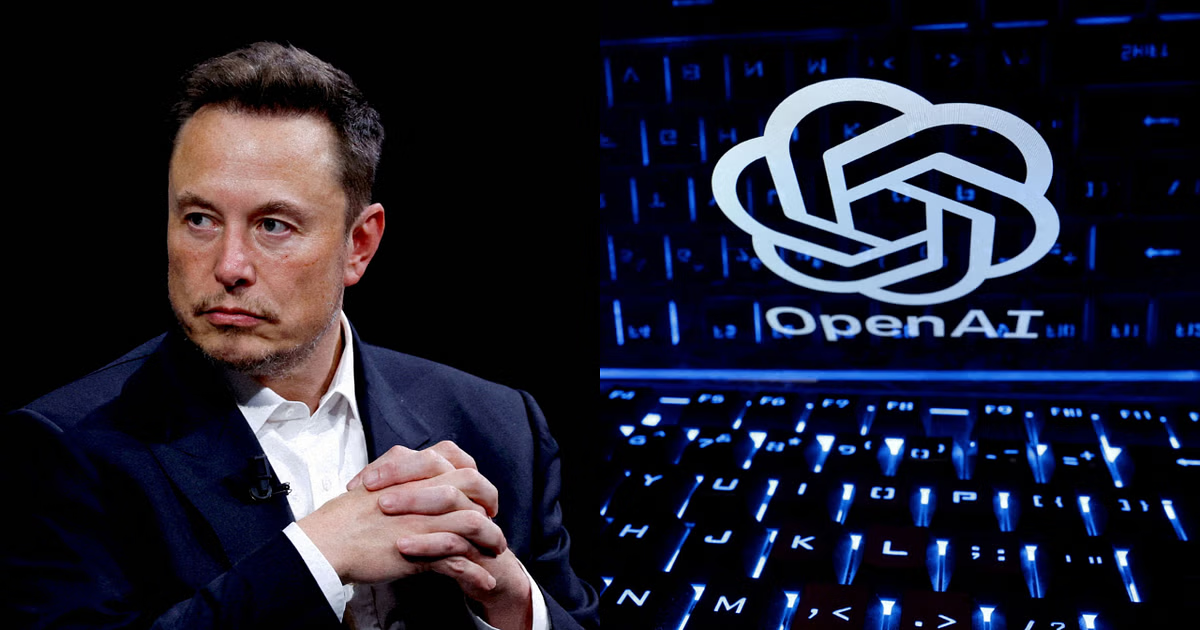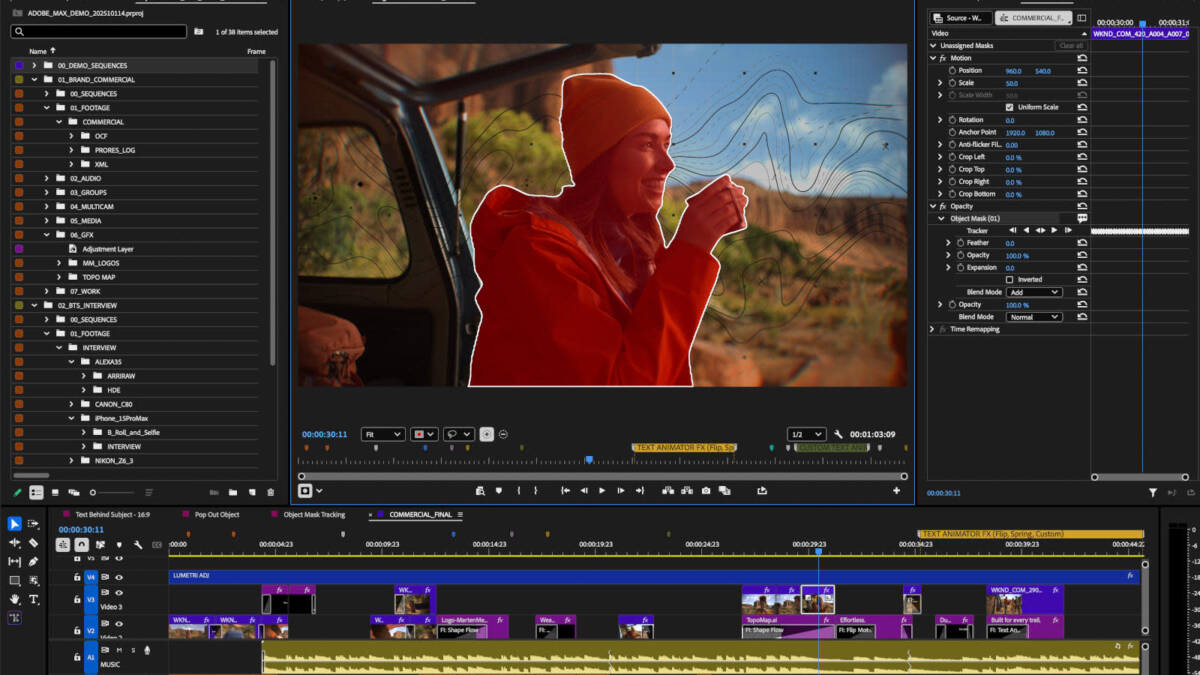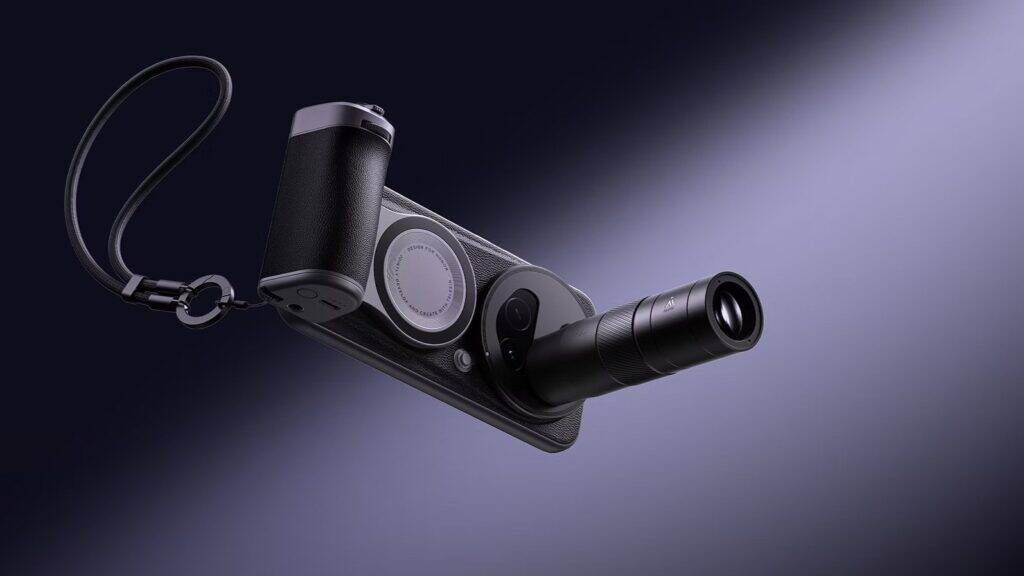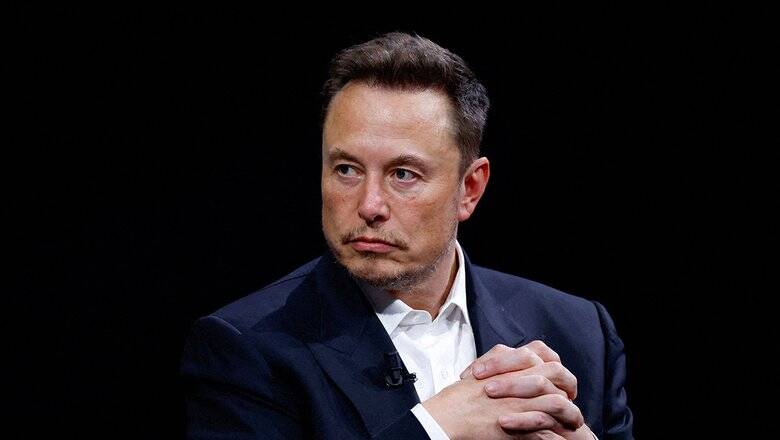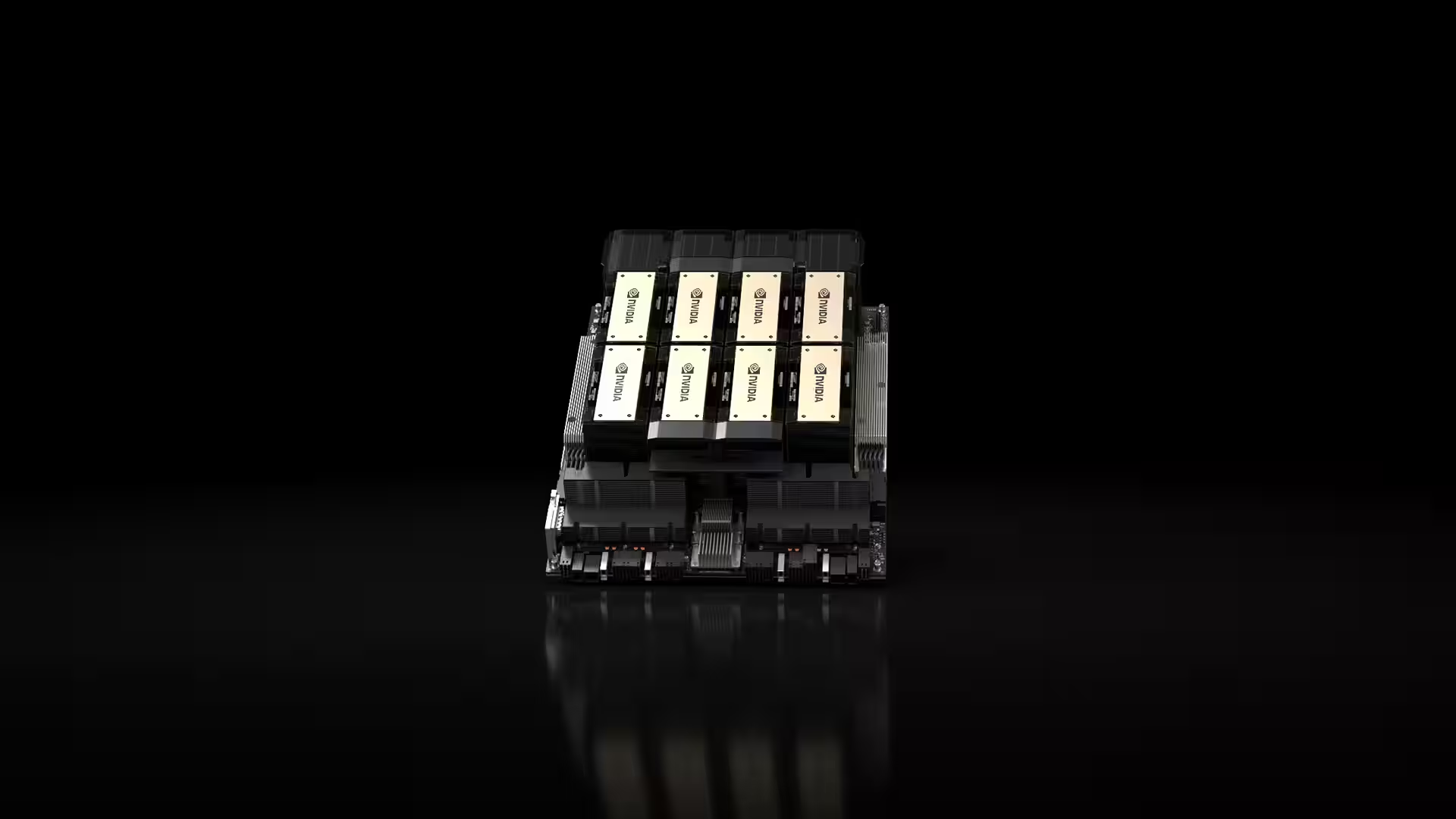The court dismissed Ilon Musk’s lawsuit against OpenAI
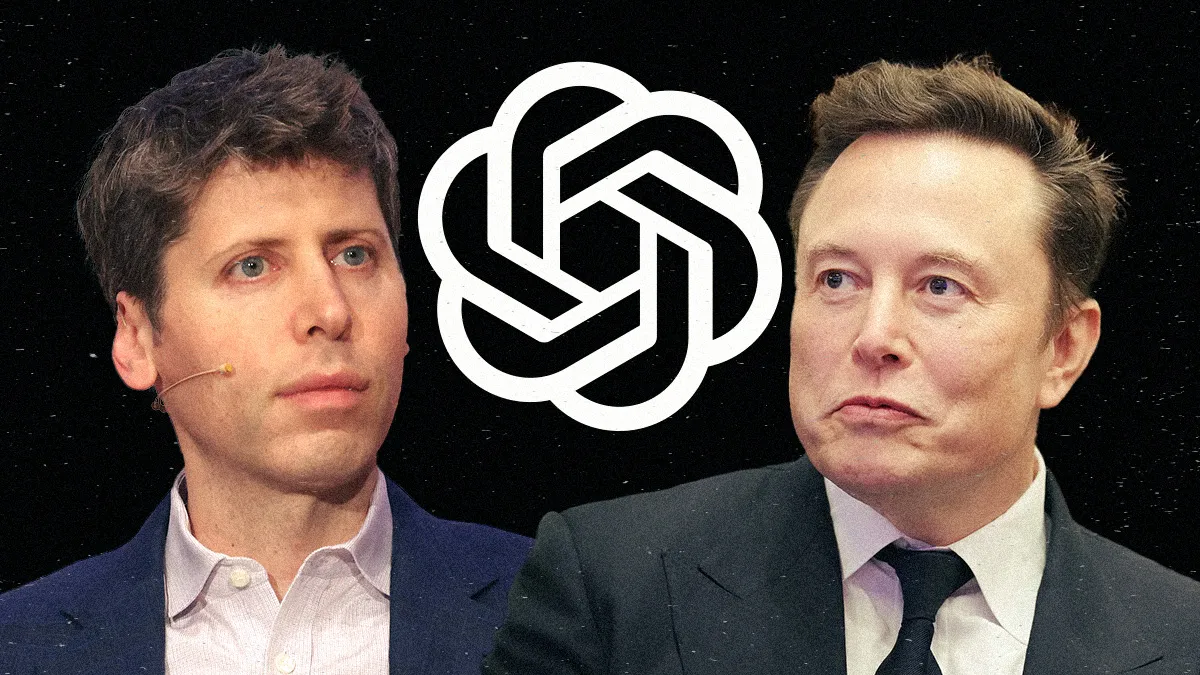
Federal Judge Yvonne Gonzalez Rogers has denied Ilon Musk’s request for a preliminary injunction that could immediately halt OpenAI’s transformation into a for-profit organization. Musk filed that lawsuit in late 2023, accusing OpenAI and Microsoft of anti-competitive behavior and urging investors not to fund competing AI companies, including his own xAI.
Why the court dismissed Musk’s lawsuit
Justice Rogers found insufficient grounds for an injunction. She cited a statement from OpenAI CEO Sam Altman, who had previously explained that the company was merely warning some investors about the potential loss of rights if they actively invested in competing AI projects
In addition, the judge did not support Musk’s argument that OpenAI violated the original agreement and abandoned its mission to create AI «for the benefit of humanity». In a statement, OpenAI called Musk’s lawsuit «a matter of competition», emphasizing that «Ilon himself wanted to merge OpenAI and Tesla» which would have gone against the company’s mission
How OpenAI responded to Musk’s claims
After the lawsuit was filed, OpenAI published old correspondence between Musk and company executives. In them, he recognized OpenAI’s commercial path to growth and demanded a controlling interest, CEO position and board majority. Emails have also surfaced in which Musk offered to make OpenAI part of Tesla
In February 2024, he tried to buy out OpenAI for $97.4 billion, but was turned down.
What happens next
Although the court denied Musk an immediate injunction, his lawsuit will be heard on an expedited basis. Judge Rogers recognized that the transformation of OpenAI into a for-profit entity could have public interest implications, so the case will be heard as early as this year

